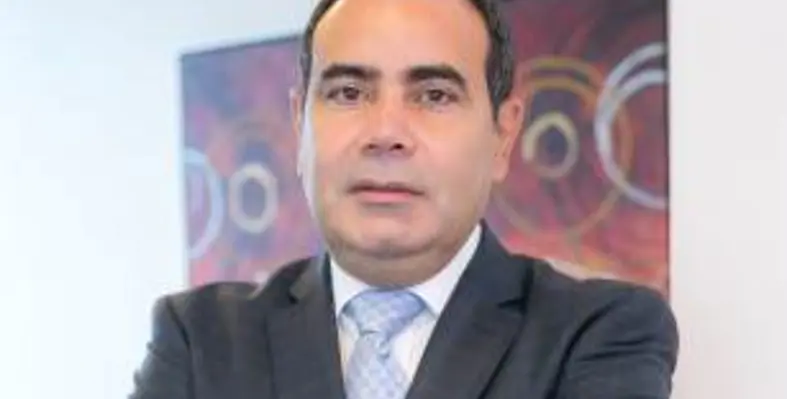DC Pro Engineering CEO George Berbari has recommended the GCC?s heating, ventilation and air-conditioning (HVAC) systems adopt sustainable and energy-efficient methods
At a sustainability workshop held at the ongoing Big 5 International Building and Construction Show, Berbari expressed his views on how regional firms should seriously pursue sustainable, energy-efficient and environment-friendly HVAC solutions
Some of these solutions include electric district cooling, variable refrigerant flow, fresh air systems, air cooled refrigeration RAC, splits, ducted splits, packages and chillers.
According to the CEO, district cooling technology has to evolve into an industry that can address challenges faced while overcoming the effects of global warming. Air cooled systems dominate about 70 per cent of the HVAC market, without offering any significant power-saving features, he added.
The UAE-based company, at the workshop, offered solutions to overcome the hazardous effects of HVAC systems such as upgrading existing District Cooling systems from partial to 100 per cent usage of the Thermal Storage and Treated Sewage Effluent (TSE). District cooling could also embrace renewable energy such as solar PV (onsite or remote) and deep geothermal energy, and move into full Tri-Generation using bio fuels synchronised with renewable, resulting in saving 75 per primary energy as compared with the current set up, explained the company.
For air-cooled units, water-cooled units using closed loop geothermal are ideal, especially for villas as they can achieve 1.0 to 1.1 KW/tonne or less. Large systems, exceeding 200 tonnes, should be designed to the more efficient water-cooled system using Grey or TSE water for cooling towers or close loop geothermal.
While water-cooled VRF may reduce operating refrigerant pressure and reduce refrigerant piping and result in system efficiency below 1.0 KW/tonne, Air or Water-Cooled Variable Water Flow (VWF) will take over VRF as this technology will be able to measure efficiency and contain refrigerant in the outdoor unit only.
In fresh air systems, DC Pro has recommended that heat recovery wheels with a minimum 80 per cent efficiency be used. The company also called on stringent pre-qualification of HRW as well as the need for local testing labs to be in place.
In addition, they also emphasised that proper control and automation of Fresh Air (FA) Air Handling Units (AHU) with proper BTU meters and KWh meters be installed on every FA AHU.







